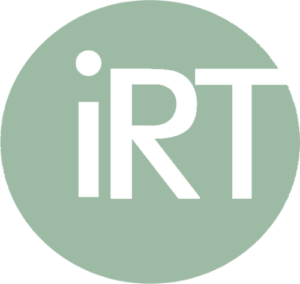Stay on Track is a school-based substance abuse prevention curriculum conducted over a 3-year period with students in grades 6 through 8. Stay on Track provides youth at each grade level with 12 45- to 50-minute lessons taught by classroom teachers. Motorsports is a motivational theme, with each lesson relating program objectives to professional racing activities and personalities. Special emphasis is given to tobacco, alcohol, club drugs, hallucinogens, prescription drugs, marijuana, and inhalants. The overall goal is to increase knowledge about substance use, increase personal competence skills and self-esteem, and change attitudes and intentions related to substance use.
STARS for Families
Start Taking Alcohol Risks Seriously (STARS) for Families is a school-based health promotion program that aims to prevent or reduce alcohol use among middle school youth ages 11 to 14 years. STARS for Families has three components. Youth receive individual consultations about alcohol use, parents and guardians receive information at home on how to talk to their children about alcohol, and families complete take-home lessons together designed to enhance communication. The overall goal is abstinence from or delayed initiation of the use of alcohol.
Reality Tour
Reality Tour is a volunteer-driven substance abuse prevention program that is presented to parents and their children (ages 10-17) in a community setting over the course of one approximately 3-hour session. Trained community volunteers present testimonies from individuals with a history of addiction, information on drugs, coping, and refusal skills, and an opportunity for families to hear from law enforcement personnel and ask questions. The overall goal is to increase children’s negative attitudes toward alcohol, tobacco, marijuana, and other illicit drugs, as well as their perceived risk of harm from use of these substances.
Protecting You/Protecting Me
Protecting You/Protecting Me (PY/PM) is a 5-year classroom-based alcohol use prevention and vehicle safety program for elementary school students in grades 1-5 (ages 6-11) and high school students in grades 11 and 12. PY/PM consists of a series of 40 science- and health-based lessons, with 8 lessons per year for grades 1-5. Lessons focus on brain development, vehicle safety, and life skills. Parent take-home activities are offered for all 40 lessons. High school students can train to deliver the curriculum to elementary school students, and learn specific content about how alcohol use impacts adolescents. The overall goals are to reduce alcohol-related injuries and death among children and youth due to underage alcohol use and riding in vehicles with drivers who are not alcohol free.
Project Venture
Project Venture is an outdoor experiential prevention program designed primarily for 5th- to 8th-grade American Indian youth. The program is designed to foster the development of positive self-concept, effective social interaction skills, a community service ethic, an internal locus of control, and improved decision-making and problem-solving skills. Students participate in classroom-based activities, experiential activities such as camping and hiking, adventure camps and wilderness treks, and community service learning. The overall goal is to develop the social and emotional competence that facilitates youths’ resistance to alcohol, tobacco, and other drug use.
Project Towards No Drug Abuse
Project Towards No Drug Abuse (Project TND) is a school-based prevention program for high school youth. Twelve 40-minute interactive sessions are taught by teachers or health educators, and have been used with both high-risk traditional students across school settings. The curriculum focuses on self-control, communication, and decision-making skills that help teens to resist drug use. Students also learn how to acquire resources to help them resist drug use and develop the motivation to not use. The overall goals are abstinence from alcohol, tobacco, and drug use, as well as reducing the risk of victimization and the frequency of weapons-carrying among students.
